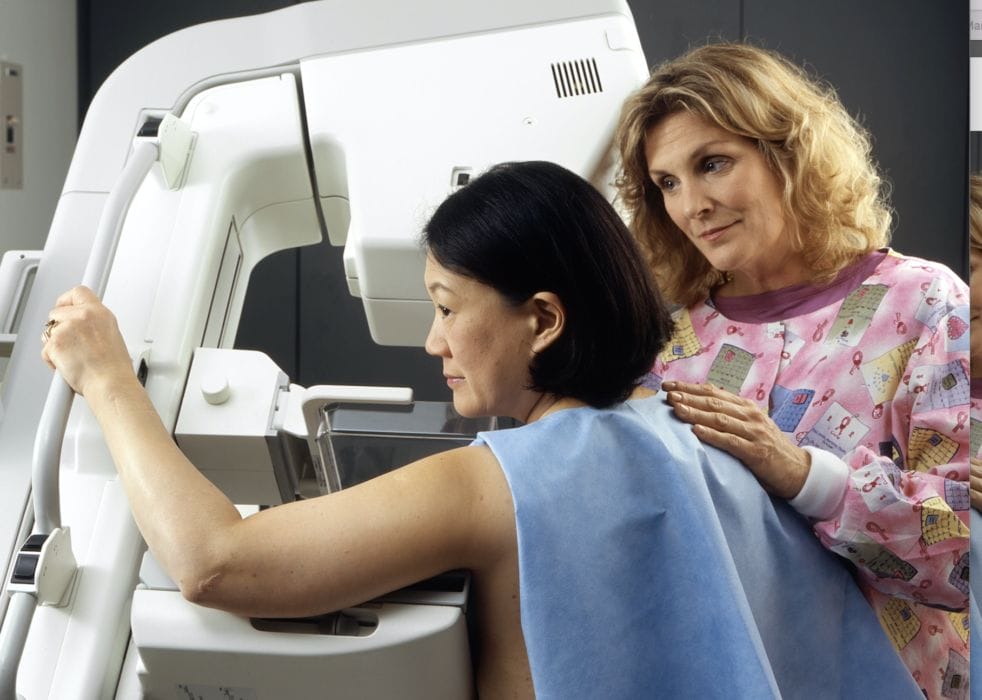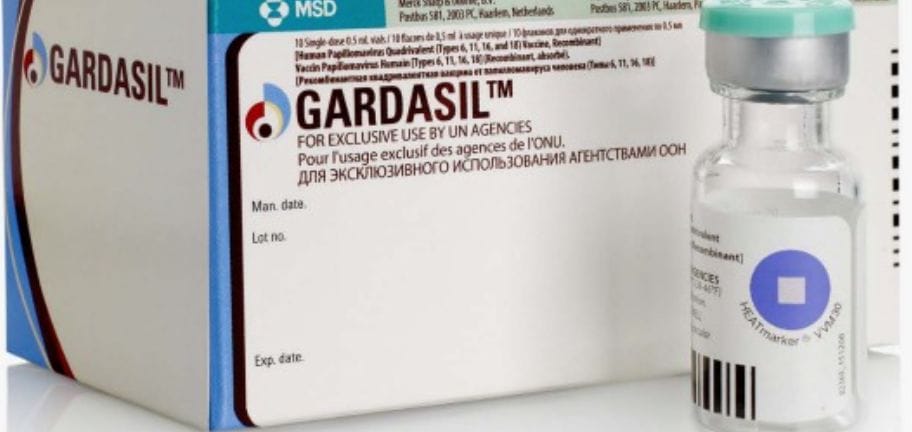A series of articles published in JAMA Internal Medicine have taken on the question of whether cancer screening actually saves lives.
A systematic review and meta-analysis involving more than 2 million patients showed that with the possible exception of colorectal cancer screening with sigmoidoscopy, the “current evidence does not substantiate the claim that common cancer screening tests save lives by extending lifetime,” reported Michael Bretthauer, MD, PhD, of the University of Oslo in Norway, and colleagues.
Their study, which included 18 long-term randomized clinical trials, indicated that sigmoidoscopy was the only screening test with a significant lifetime gain (110 days, 95% CI 0-274).
There was no significant difference following:
- Mammography (0 days, 95% CI -190 to 237)
- Prostate-specific antigen (PSA) testing for prostate cancer (37 days, 95% CI -37 to 73)
- Colonoscopy (37 days, 95% CI -146 to 146)
- Fecal occult blood testing (FOBT) every year or every other year (0 days, 95% CI -70.7 to 70.7)
- CT lung cancer screening (107 days, 95% CI -286 days to 430)
“Organizations, institutions, and policymakers who promote cancer screening tests by their effect to save lives may find other ways of encouraging screening,” Bretthauer and team wrote. “It might be wise to reconsider priorities and dispassionately inform interested people about the absolute benefits, harms, and burden of screening tests that they consider undertaking. Our estimates may serve that purpose.”
Bretthauer and colleagues noted that while they may not have observed longer lives with five of the six screening tests, that does not mean that some individuals don’t prolong their lives with screening.
“Without screening, these patients may have died of cancer because it would have been detected at a later, incurable stage,” they wrote. “Thus, these patients experience a gain in lifetime.”
However, they added that other individuals experience a lifetime loss due to the harms associated with screening or treatments from screening-detected cancers, such as colon perforation during colonoscopy or myocardial infarction following radical prostatectomy.
In a simultaneously published Viewpoint article, Bretthauer and two colleagues suggested that despite concerns about overdiagnosis and harms of screening, it is “difficult, or indeed impossible” to phase screening programs out, “even when research has failed to document significant benefits,” and discussions about the balance of harms and benefits associated with screening “have become a threat to powerful stakeholders.”
“Cancer screening guidelines are often developed by screening professionals, screening organizations, and patient representatives, with their vested interests,” they pointed out.
“We propose that screening guidelines should not allow individuals or organizations with clinical, financial, or intellectual interests in leading roles of guideline development. This would improve quality and trustworthiness of recommendations.”
“Healthcare representatives and experts must be honest, transparent, and dispassionate about the benefits and harms of screening, expressed in a way that allows real shared decision-making,” they stressed.
Read full article here.

The Lemonade Mermaid Store
Unique gifts for Land or Sea Mermaids, Mer-pets and Little Mermaids!
Left: Our signature Fish Scales design tote bag in Citrus




Evidence-based medicine (EBM) was a fad a few decades ago. Until they discovered how little evidence supported most “health care” procedures and treatment. Where one did their training was the the primary co-factor supporting one treatment decision over another
Can’t forget one presenter at an advanced health speciality conference who admitted it is always better to “treat a patient” already on the up side of their recovery curve, than on their downside curve into a disease.
Whenever there is a demand “free health care”, always ask them first to define “health care”.
(From a hospital bioethics committee member for 20 years – we talk about these things)
Not exactly correlated to this article (where everybody is screened), but I have wondered how Rush Limbaugh could be caught off guard by lung cancer. Here is a guy with ample resources. He also smoked and bragged about it (cigars and earlier, cigarettes). Why was he not x-rayed yearly? If found early, he could have either beaten it or at least had much more time. (Maybe you have an answer Jaye.)
Obviously, they’re not keeping up with the field; Galleri blood test to the rescue: identifies 50 different types of cancer, sometimes even before symptoms present
Medical science is being totally disrupted; time the healthocrats figured that out
What came first – the multi-cancer test, or suddenly there was also a very expensive drug marketed to “treat” any numbers of cancers?
Keytruda? – or a name something like that, recently saturated the airwaves claiming to treat multiple cancers. Along with the proliferation of reports of people being told they have “spots of cancers”.
There are many times when Pharm creates a “disease” to match a cheaply produced “cure”. Sorry, but true. Be sure to follow this “multi-cancer test and cure combo. Watchful waiting remains a prudent option as new techniques settle out. Look how quickly these weight loss “miracle” drugs are already proving very problematic in some people.
Was Rush Limbaugh’s cancer a rapid one that defies anything you throw at it? I don’t know the details. Like some breast cancers, there is nothing that can be done for some of them. While many others also claimed to be “breast cancers” are in fact slow-growing and can often end up being over-treated. Pancreatic cancers is another one that can be very swift – unbelievably so. Others not.
The “art” of medicine is more imprecise, than perhaps we want to believe. Facing any diagnosis, best to learn how to read medical studies on your own and do one’s own homework. Start learning how to use the website PubMed – the National Library of Medicine search engine to get current on existing studies in the field. .
Have you forgotten mammography? I believe you have in younger women.
What came first – the multi-cancer test, or suddenly there was also a very expensive drug marketed to “treat” any numbers of cancers?
Keytruda? – or a name something like that, recently saturated the airwaves claiming to treat multiple cancers. Along with the proliferation of reports of people now being told they have “spots of cancers”.
There are many times when Pharm creates a “disease” to match a cheaply produced “cure”. Sorry, but true. Be sure to follow this “multi-cancer test and cure combo. Watchful waiting remains a prudent option as new techniques settle out. Look how quickly these weight loss “miracle” drugs are already proving very problematic in some people.
Was Rush Limbaugh’s cancer a rapid one that defies anything you throw at it? I don’t know the details. Like some breast cancers, there is nothing that can be done for some of them. While many others also claimed to be “breast cancers” are in fact slow-growing and can often end up being over-treated. Pancreatic cancers is another one that can be very swift – unbelievably so. Others not.
The “art” of medicine is more imprecise, than perhaps we want to believe. Facing any diagnosis, best to learn how to read medical studies on your own and do one’s own homework, when working with your own doctor. . Start learning how to use the website PubMed – the National Library of Medicine search engine to get current on existing studies in the field..